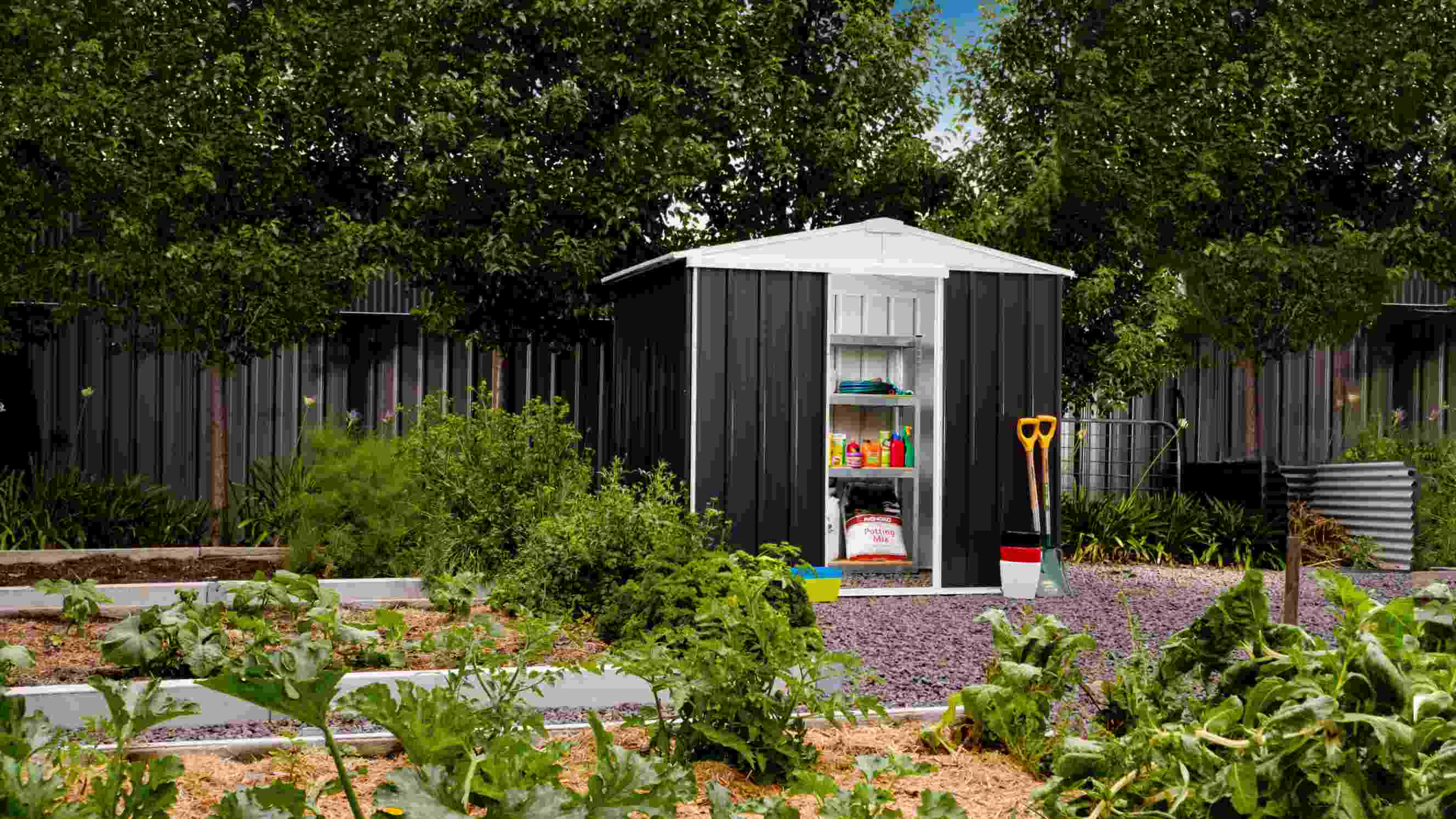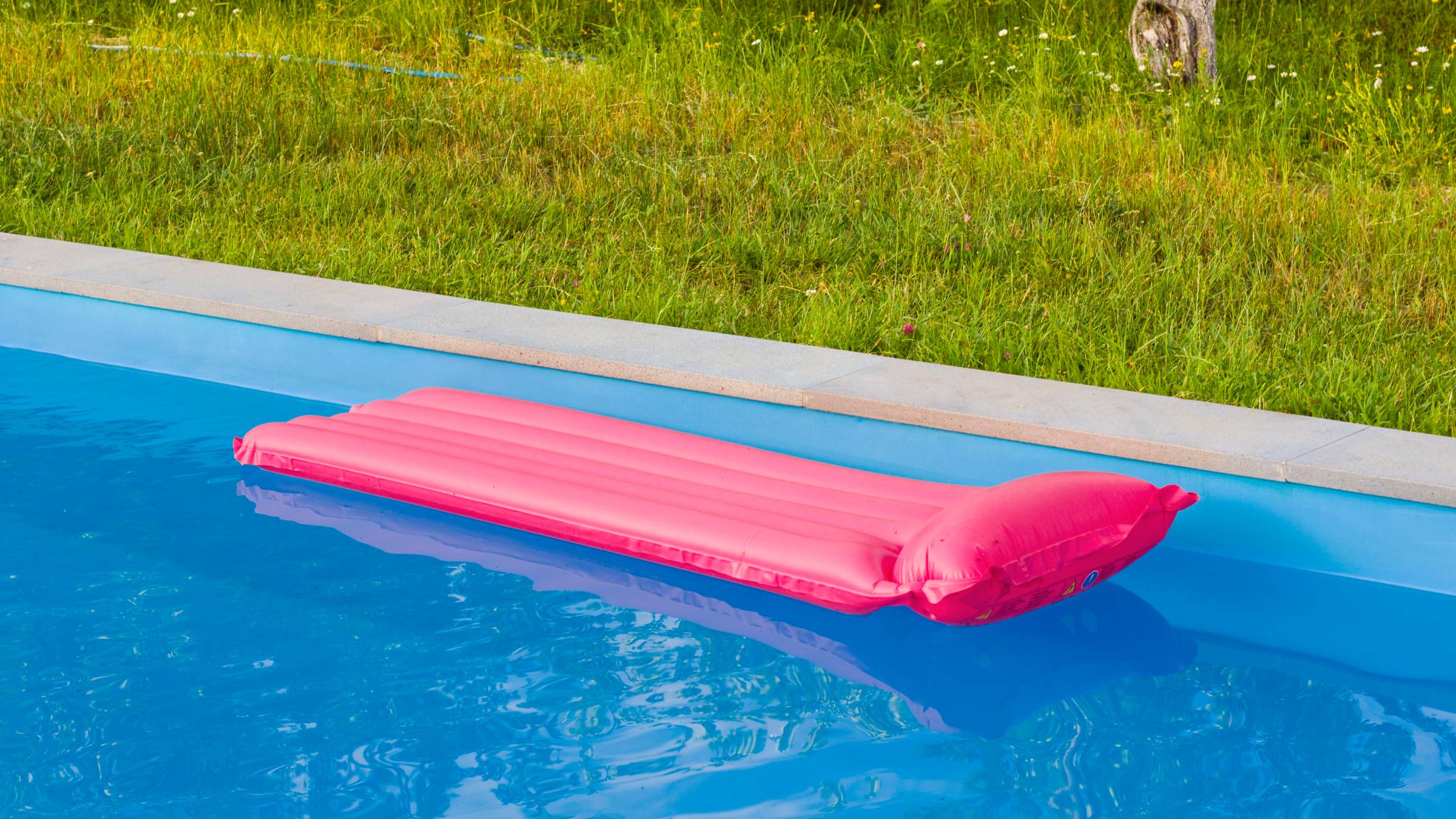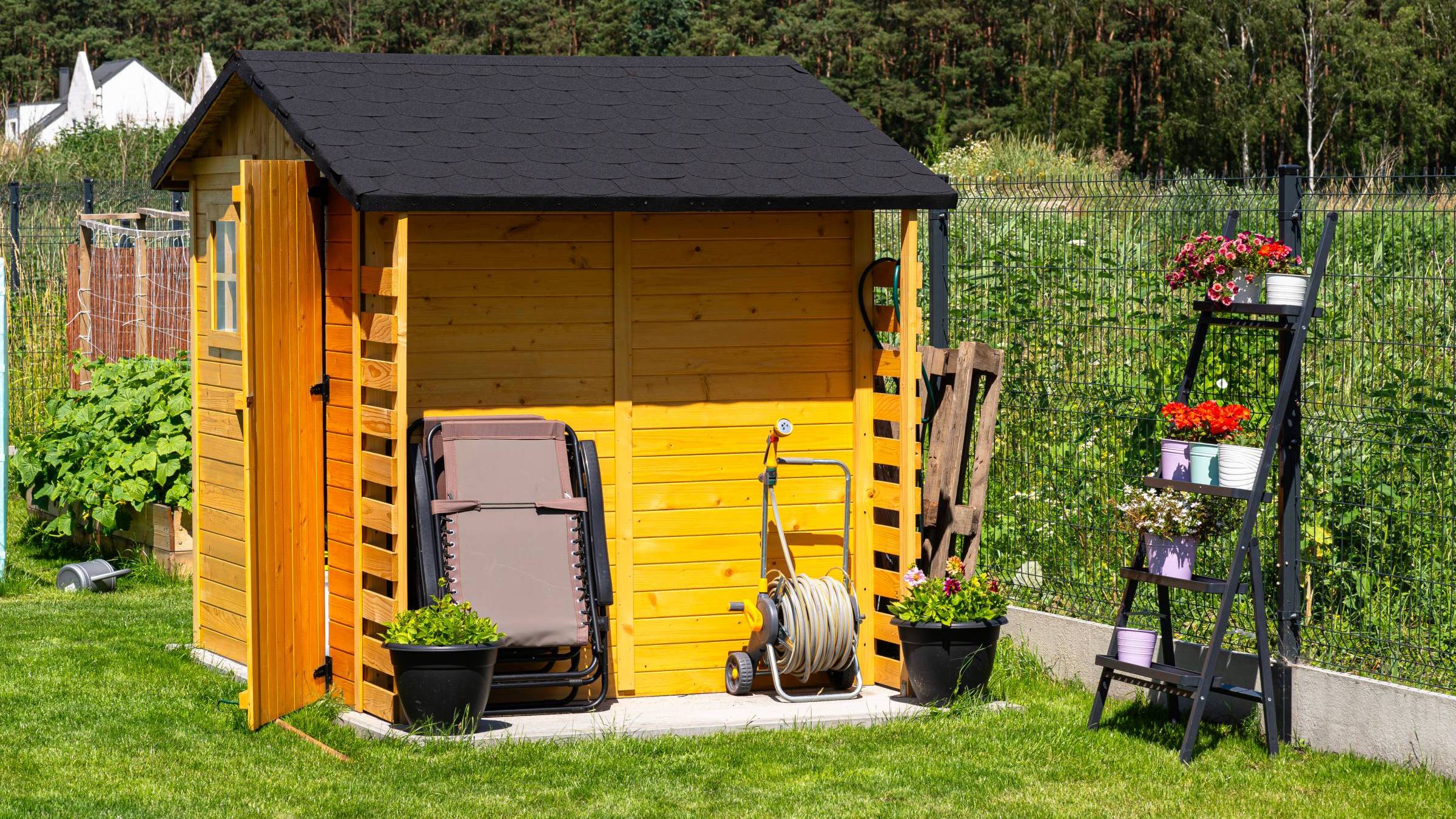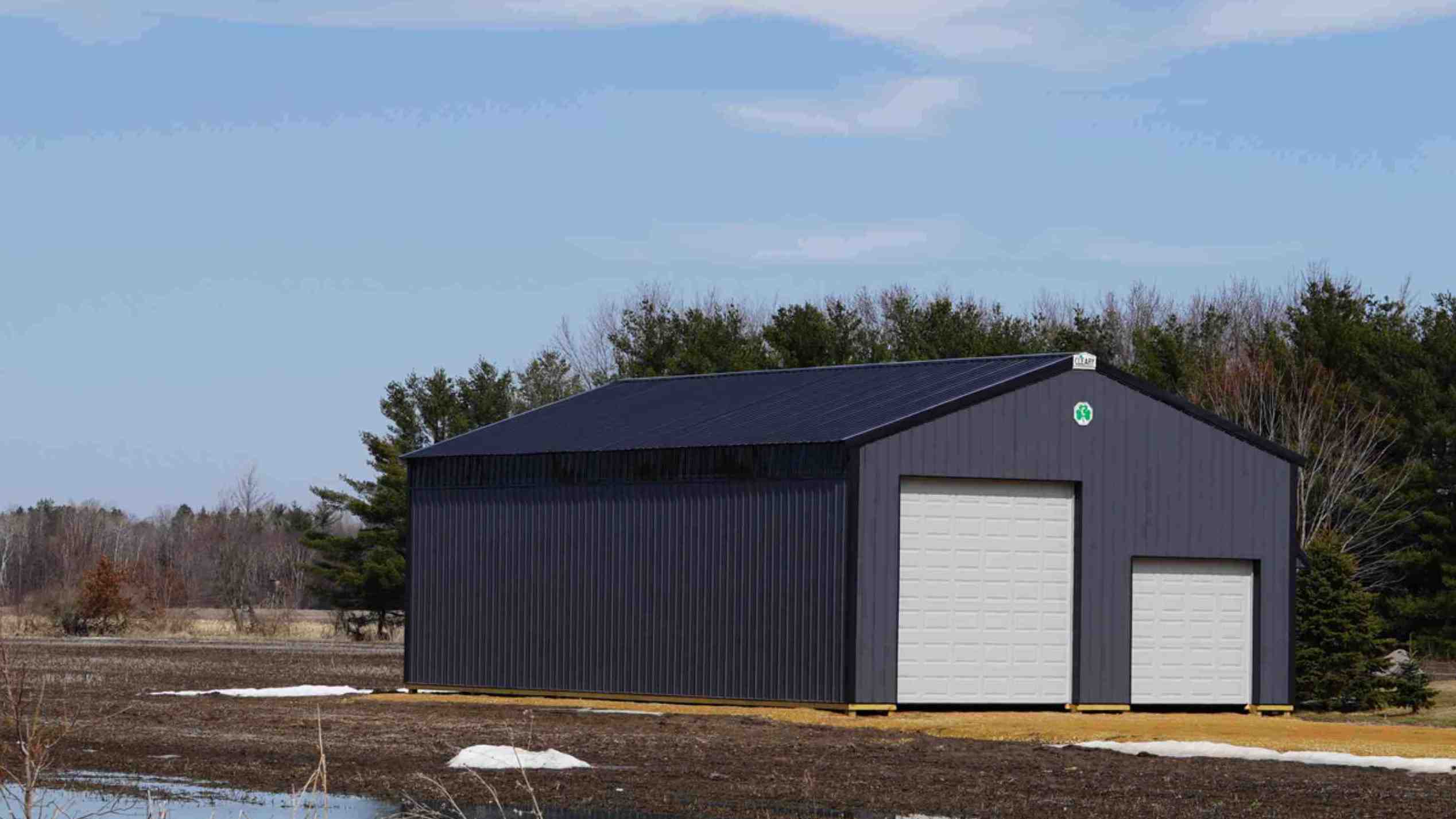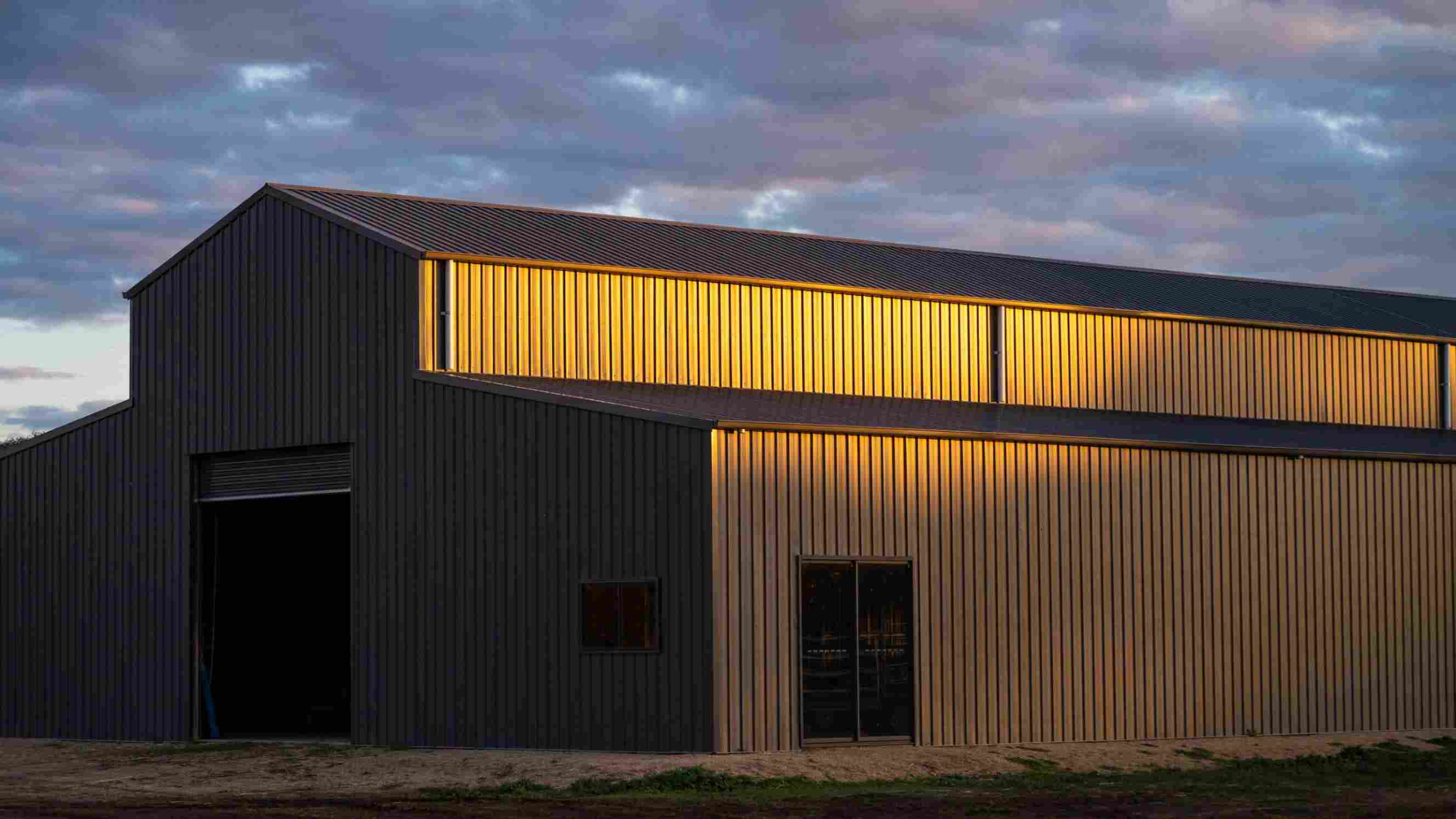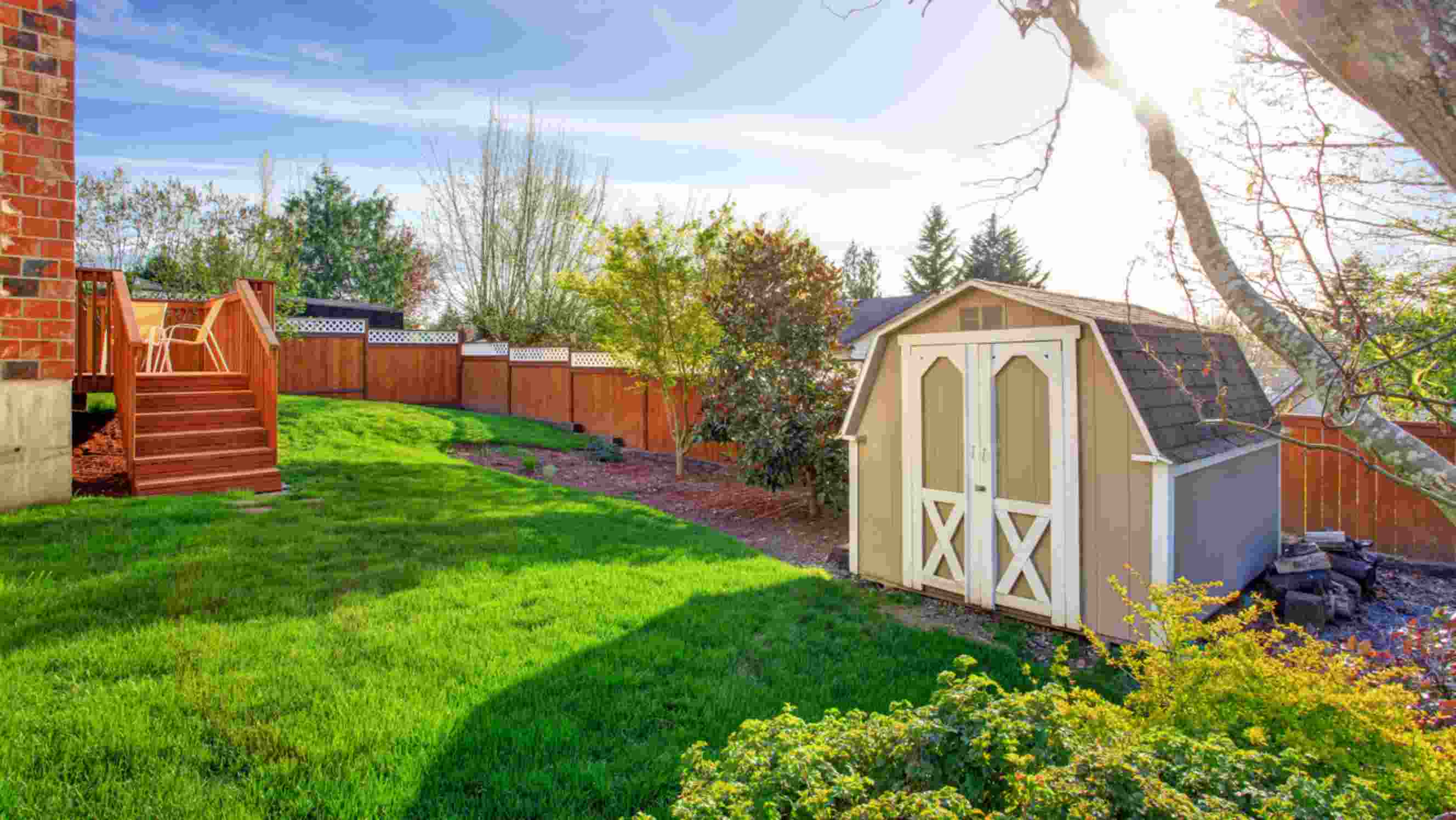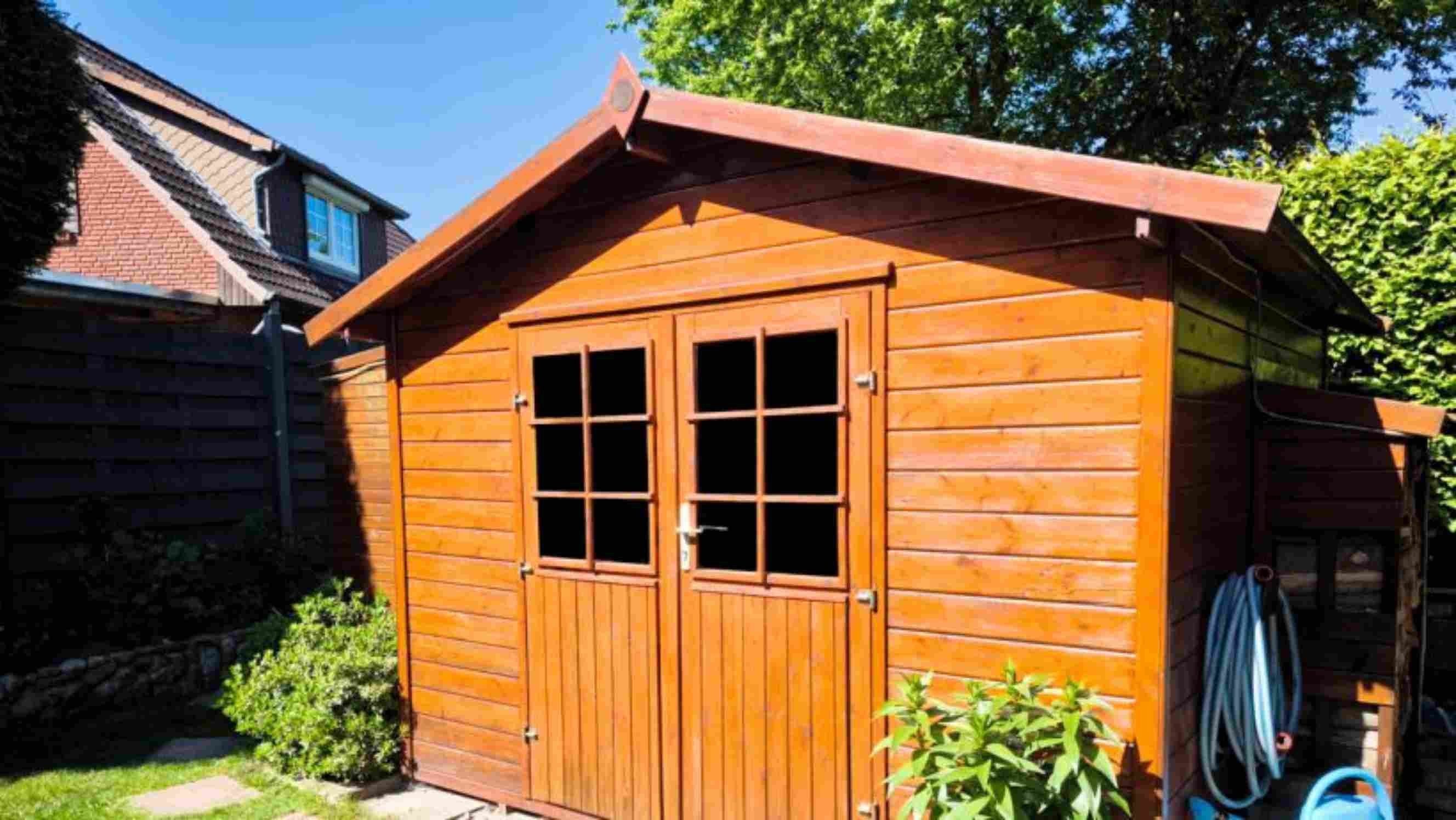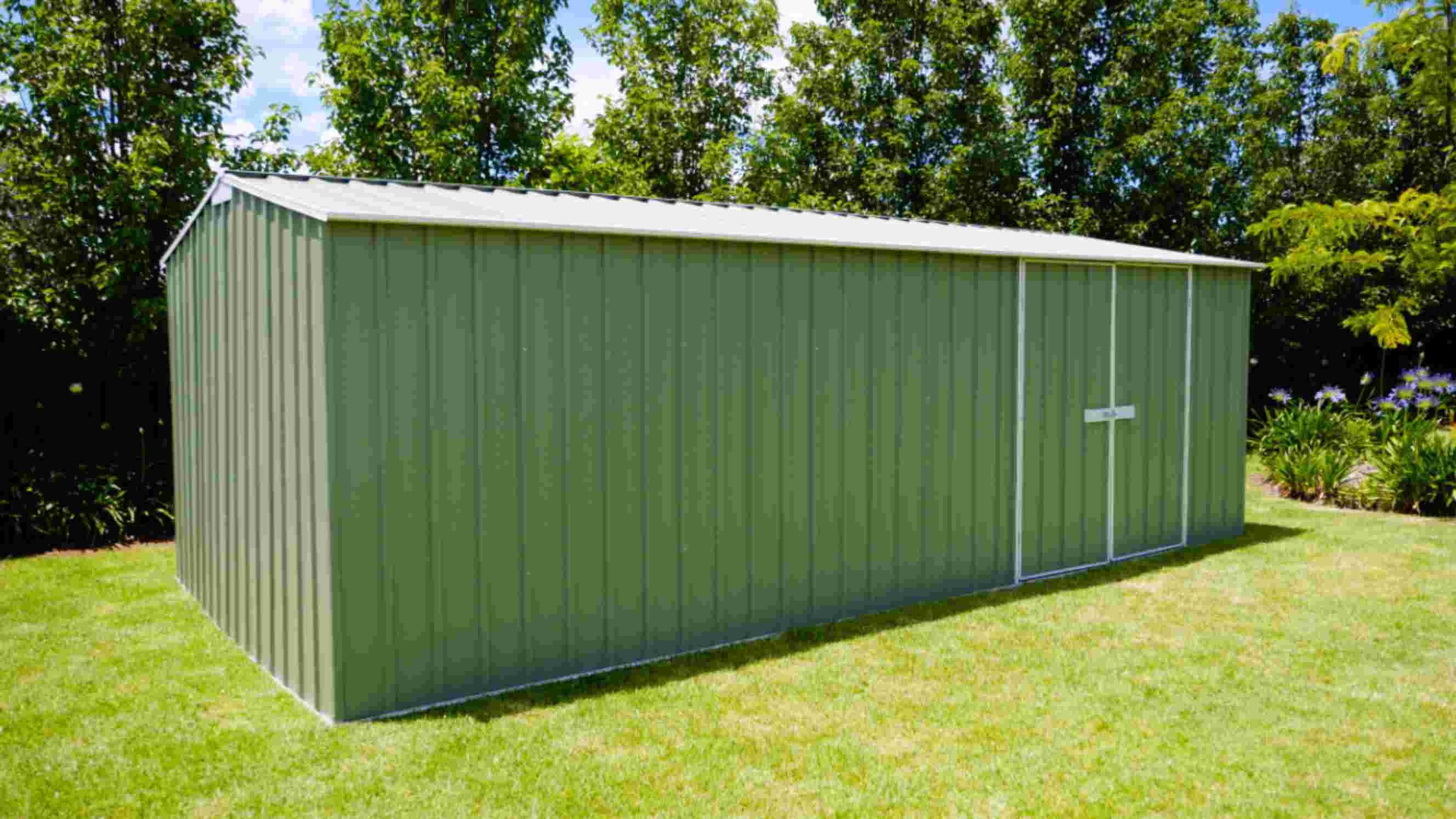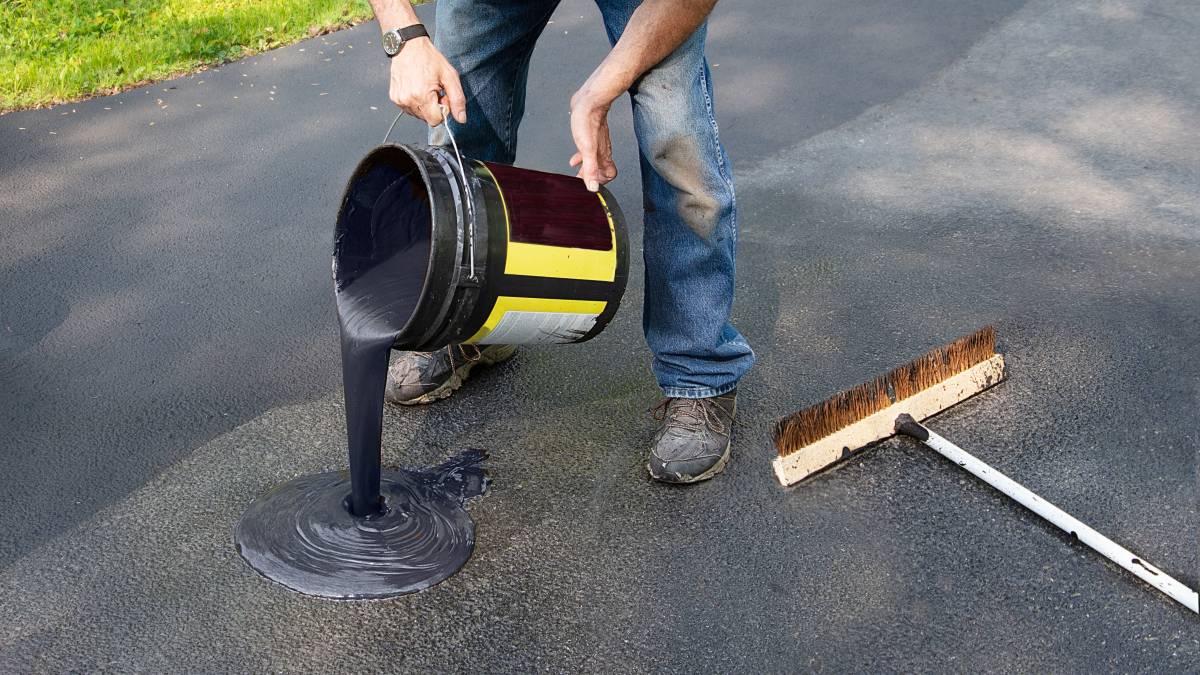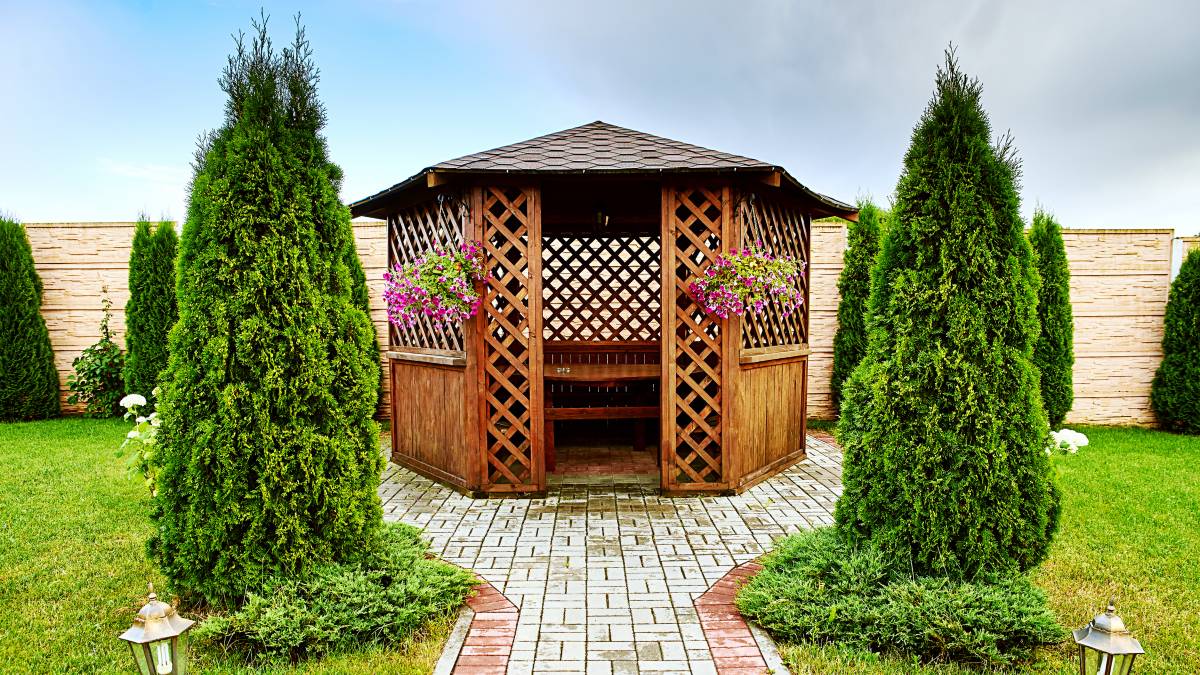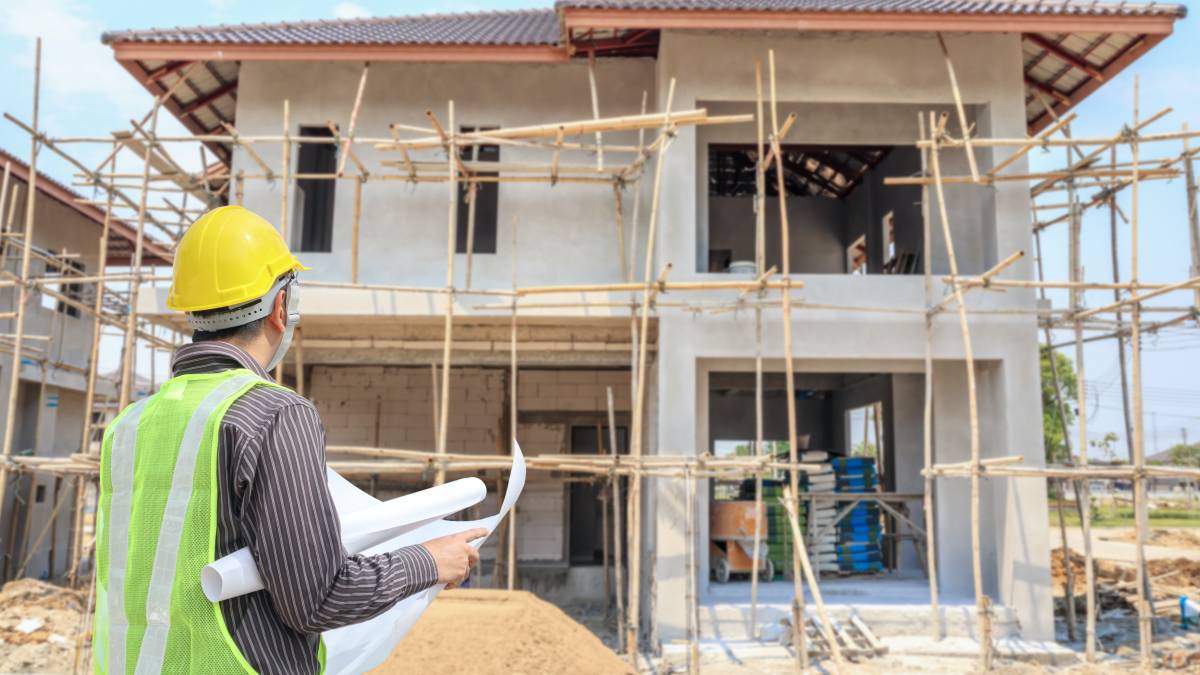- Home/
- Comparisons/
- Building & Construction/
- Tarmac vs Concrete Driveway
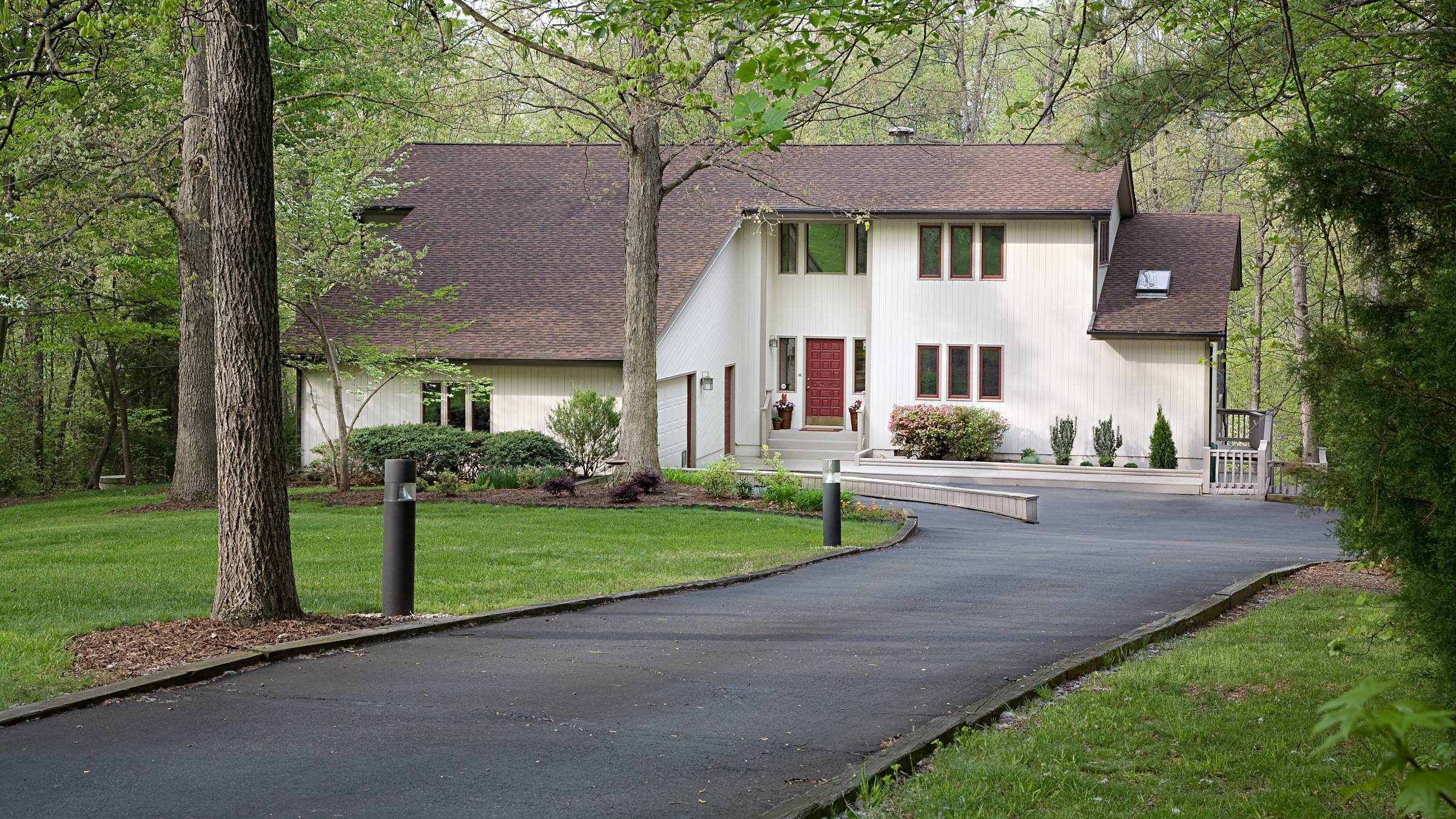
Tarmac vs concrete: Which is better for your driveway?
Comparing tarmac and concrete driveways based on cost, appearance, and more
Hire a road constructorLast Updated on
Key Facts
- Tarmac is a mixture of crushed stone, sand, and a binding agent. It makes tarmac a flexible and durable surface that’s resistant to wear and tear. It’s dark in colour, which gives it a sleek, smooth appearance.
- Concrete is a material made from a mixture of cement, water, and aggregates such as sand and gravel. It’s widely used in any form of construction, including driveways, buildings, and decorative applications.
When determining the right material for your driveway, you might need to choose between tarmac vs concrete driveways. Tarmac and concrete driveways have their own advantages and disadvantages, which means you must make a conscious decision based on your needs, budget, and overall home aesthetic.
As you compare materials for your driveway, consider various factors such as cost, appearance, durability, eco-friendliness, and more. In this guide, we will discuss concrete vs tarmac driveways and their key features to help you make an educated decision.
What is tarmac?
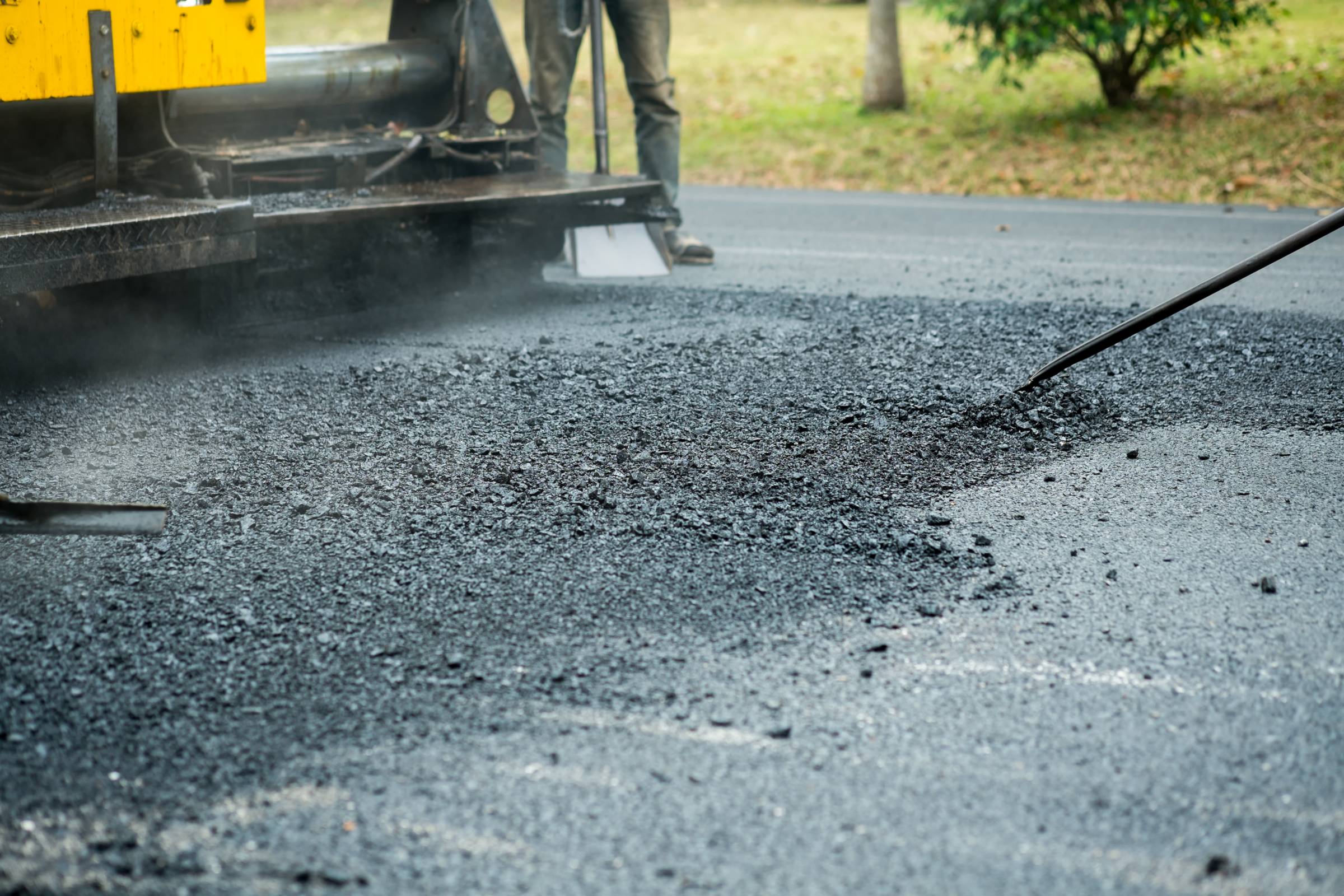
Tarmac, also known as asphalt, is a mixture of aggregates like crushed stone and sand combined with a binding agent (usually bitumen, which is derived from crude oil). This gives tarmac driveways a flexible and durable surface that is resistant to wear and tear.
Tarmac is known for its sleekness and smooth appearance. It’s also affordable and easy to install, making it the material of choice for any thrifty homeowner who wants a new driveway.
What is concrete?
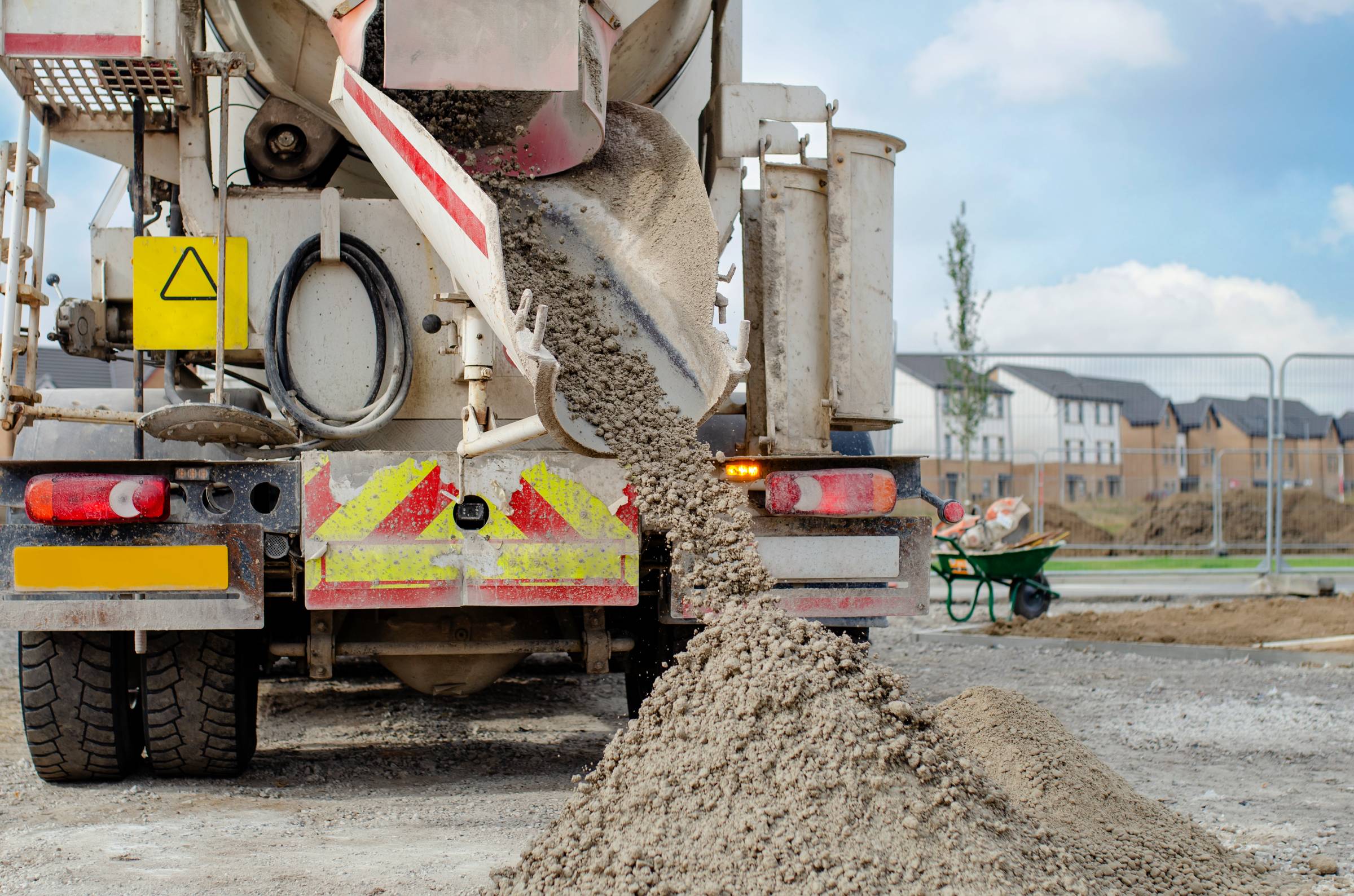
Concrete is a composite material made from a mixture of cement, water, and aggregates such as sand and gravel. Known for its versatility, it can be used in poured-in-place structures and decorative applications.
Concrete is commonly used in construction, from buildings and bridges to car parks and concrete driveways. This is due to its ability to withstand heavy loads under almost any environmental condition, including dry and wet weather.
Concrete or tarmac driveway: Which is better for your needs?
Before you tarmac a driveway or start pouring concrete, it’s better to learn more about the pros and cons of these two materials.
In terms of cost
Is tarmac cheaper than concrete? That’s a resounding yes because tarmac driveways cost an average of £2,200. Concrete driveways in the UK are generally more expensive; their average installation cost is £3,500.
Overall, tarmac driveways cost less to install than concrete driveways. This makes it a cost-effective solution for most homeowners on a budget. Though tarmac maintenance and repair are affordable, a tarmac driveway will require them every few years.
On the contrary, while concrete installation costs can be high, you’ll spend less on long-term maintenance. That’s because you would only need to replace the sealant once every 10 years or so.
In terms of appearance
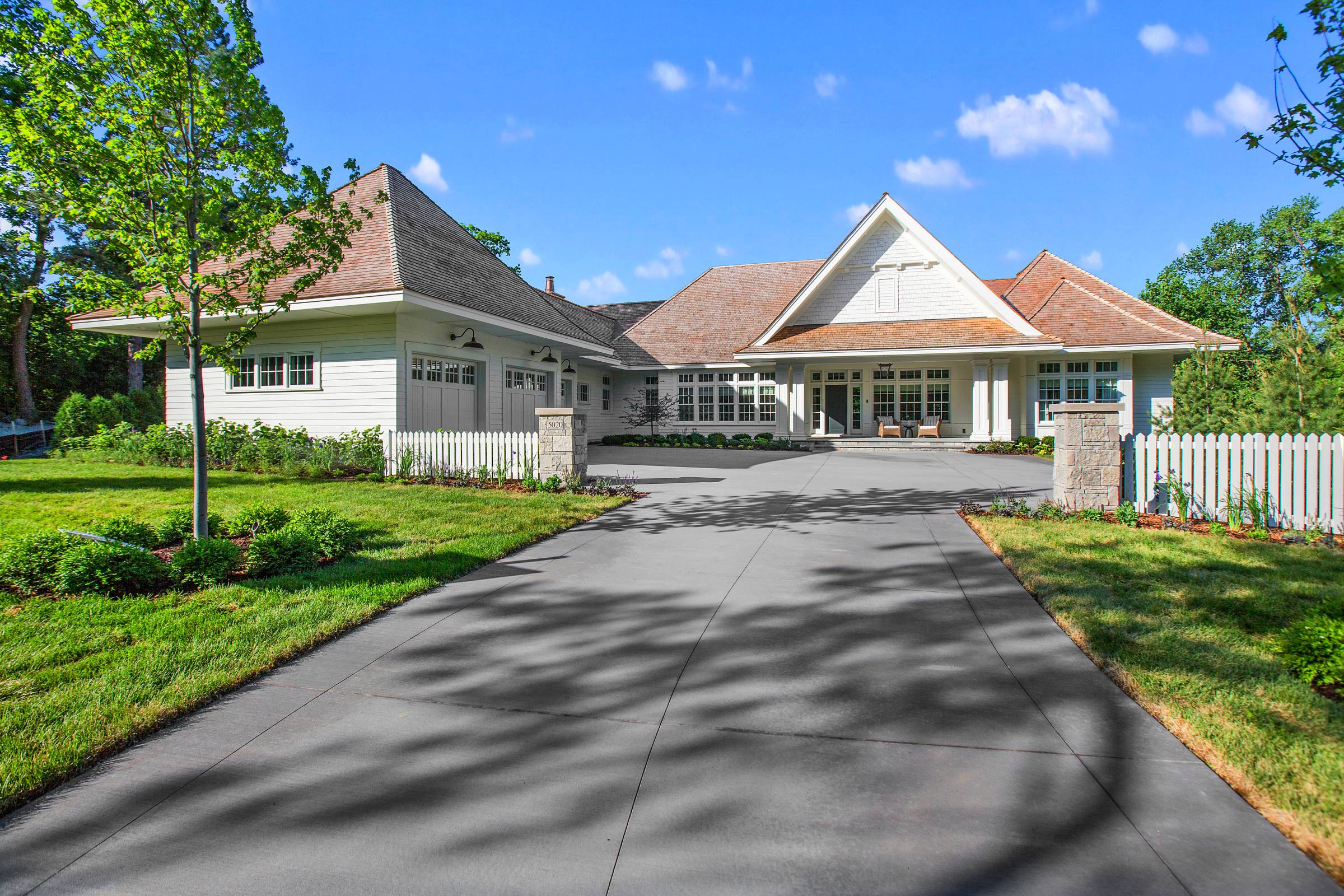
Although concrete is naturally grey, it offers the flexibility to incorporate colour through polishing or staining. Concrete can be chemically stained, stamped, or polished, and you can even mimic the colour of natural stone or brick. Also, concrete driveways generally maintain their appearance well over time.
On the other hand, tarmac has limited flexibility when it comes to colour. Its dark and textured appearance is a consequence of its composition, which involves crushed rock and a binding substance. A modern tarmac driveway has a smooth appearance but is prone to fading.
In terms of skid resistance
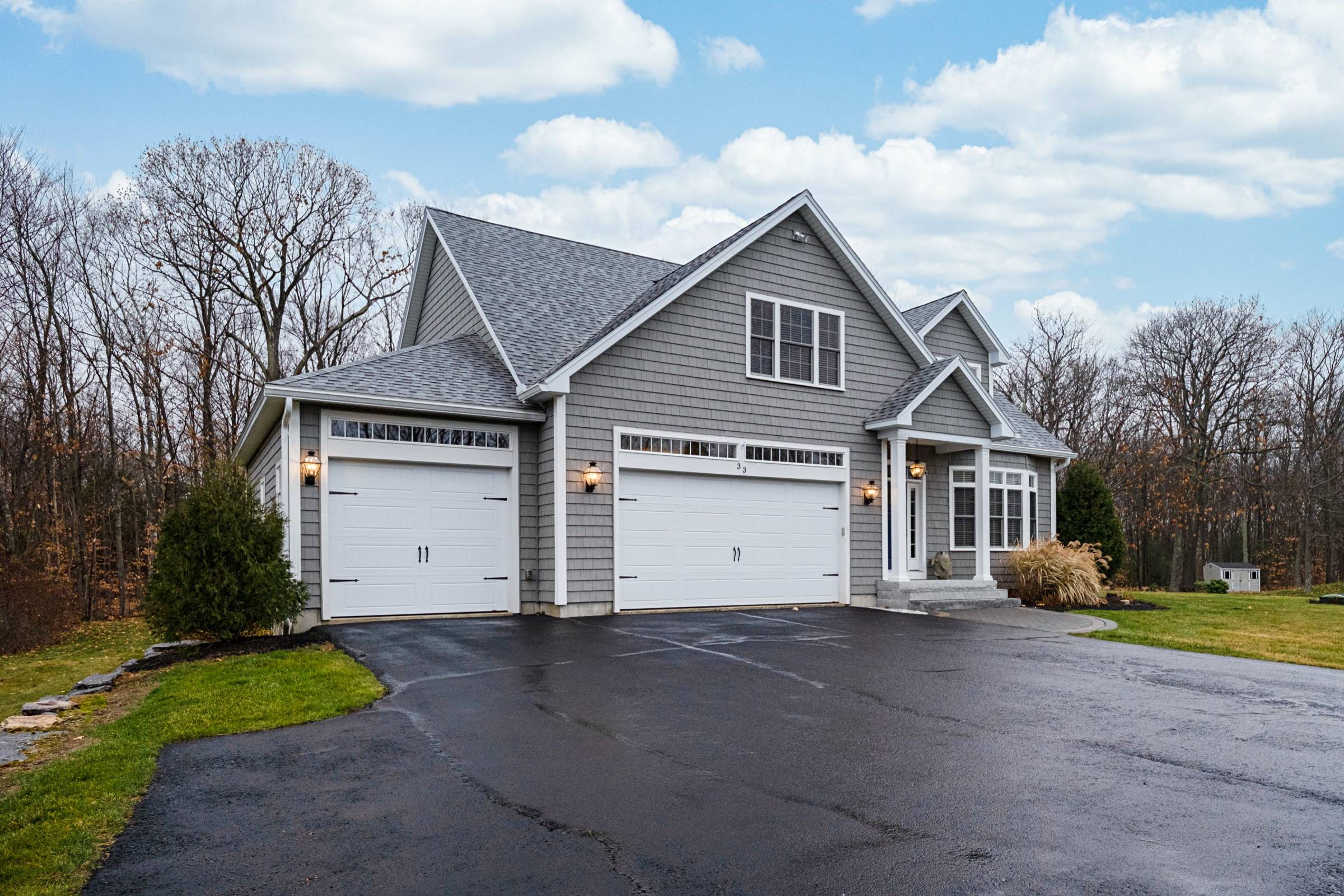
Driveways made from concrete can be slippery when wet. But this is remedied by special finishes or additives during installation to enhance skid resistance. Tarmac driveways offer more safety, especially when textured. They’re also ideal in places with frequent rainfall.
In terms of temperature sensitivity
Concrete and tarmac react differently to weather conditions. For example, tarmac driveways may soften in extreme heat and require frequent resealing. This means summer could be quite stressful for you. Meanwhile, concrete for driveways offers better heat resistance, so concrete roads are durable even in high temperatures.
In terms of durability/maintenance
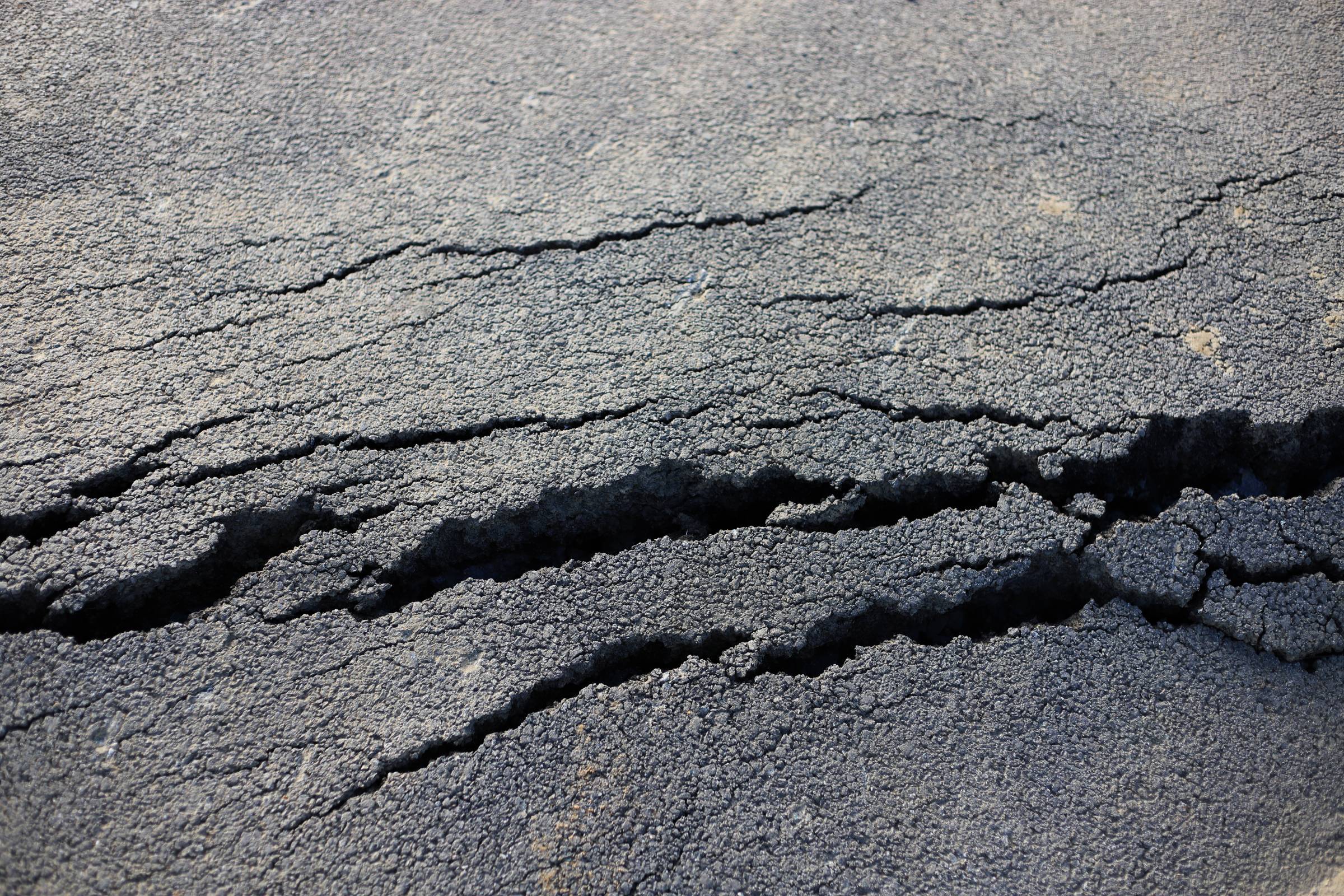
Want to ensure a driveway surfacing job with long-term results? Using concrete for your driveway is a good idea since it can take on heavy loads and last up to 40 years. Concrete may develop cracks, but fortunately, driveway repairs are straightforward. Plus, you’ll only need driveway sealing once every 10 years or so. Note that pattern imprinted concrete may require resealing more often.
Tarmac is not as hard as concrete. Since it can be prone to cracks and potholes over time, regular sealing is required to ensure longevity. Basically, it has a shorter lifespan than concrete, ranging from 10 to 20 years.
In terms of eco-friendliness
Both concrete and tarmac have a long way to go to be more eco-friendly. Tarmac presents itself as a sustainable option since it can be made from reusable materials. However, the chemical process used to make it creates pollutants. It’s not surprising since crude oil is one of its main ingredients.
Concrete also has an energy-intensive production process. It can be recycled, but the practice isn’t common. Still, the extended lifespan of concrete translates to a lower environmental impact, as fewer resources are needed for repairs or rebuilds and less waste ends up in landfills.
Achieve your dream driveway with Airtasker
Whether you choose tarmac or concrete, Airtasker can connect you with professionals who are skilled in block paving driveways. From driveway cleaning to building construction, find the right Tasker for your project.
All you need to do is log in, post a task, and wait for offers to come in. Thanks to Airtasker’s review and rating system, you can check if your prospective Tasker matches your needs and budget. Sign up today and make your dream driveway a reality!
Tarmac vs concrete driveway
| Tarmac Driveway | Concrete Tarmac | |
| Cost | £2,200 on average |
£3,500 on average |
| Appearance | Offers a smooth and sleek appearance. |
Mimics the look of natural stone or brick |
| Skid Resistance | Suitable for areas with frequent rainfall |
Can be slippery when wet |
| Temperature Sensitivity | Susceptible to softening in extreme heat |
Has better heat resistance than tarmac |
| Durability/Maintenance | Lasts up to 20 years |
Lasts up to 40 years |
| Eco-friendliness | Made with crude oil, polluting the environment |
Contributes less to landfills |
FAQs on tarmac and concrete driveways
Yes, tarmac and concrete can be used together in a project, especially in road construction or other infrastructure projects. Both have their own advantages, so they may have to be used in different parts of the same project.
Yes. The choice between these two materials will often depend on your budget, personal preference, and project requirements. Consult a Tasker to determine which is the best material to use in your home.
Tarmac cures quicker than concrete. Once the hot tarmac mix is applied and compacted, it cools relatively quickly, allowing for a faster curing time. For concrete, the complete curing process can take days or even weeks.
In general, tarmac surfaces tend to produce less noise than concrete ones. Tarmac is a flexible and porous material, which means it can dampen sound waves. Concrete surfaces are more rigid, so sound waves reflect off the surface rather than being absorbed.
Find builders, fast
Post a task
Related articles
Related price guides
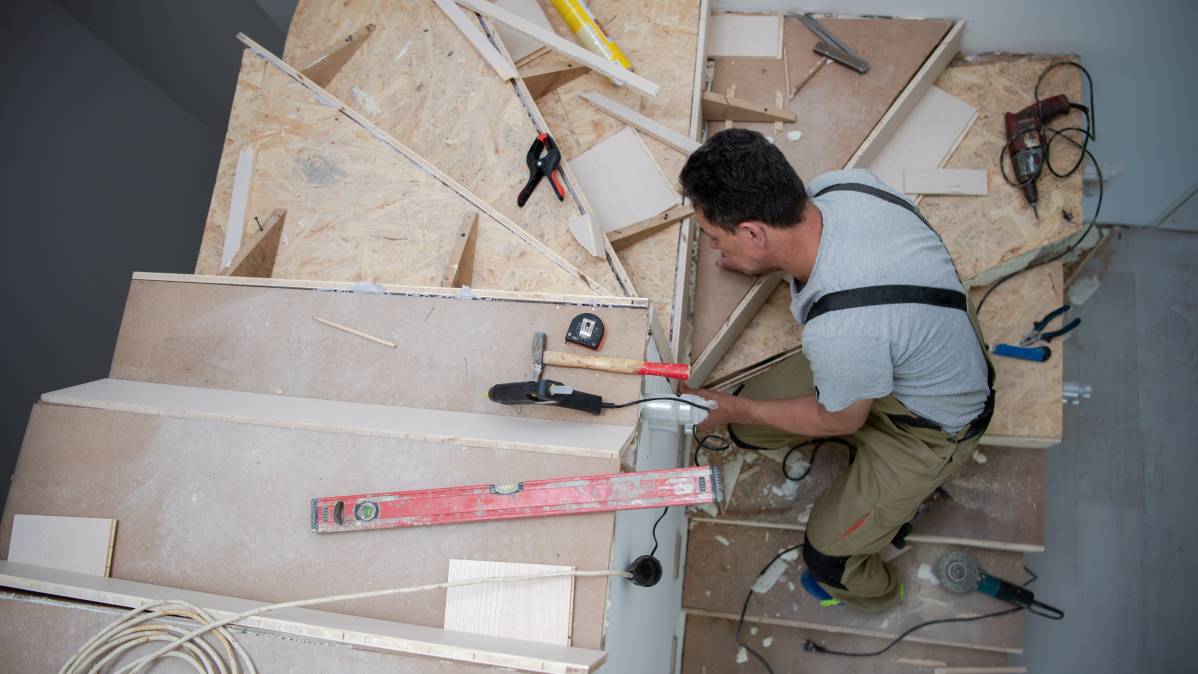
How much does a new staircase cost?
Read more
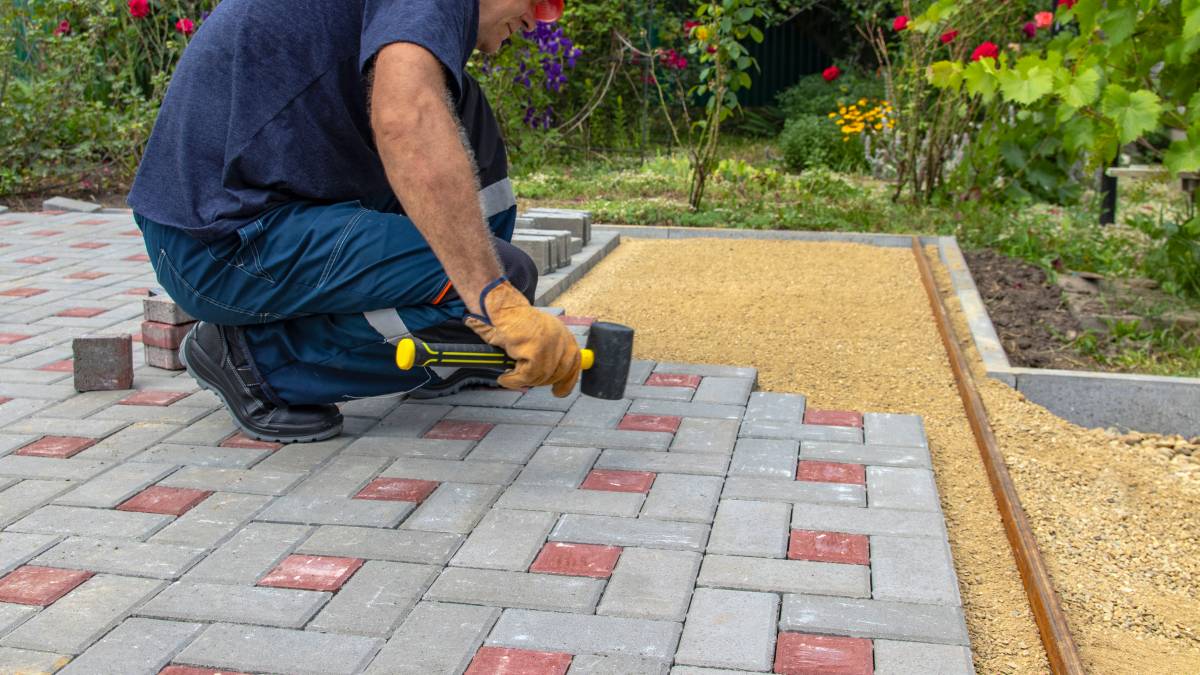
How much do new patios cost?
Read more
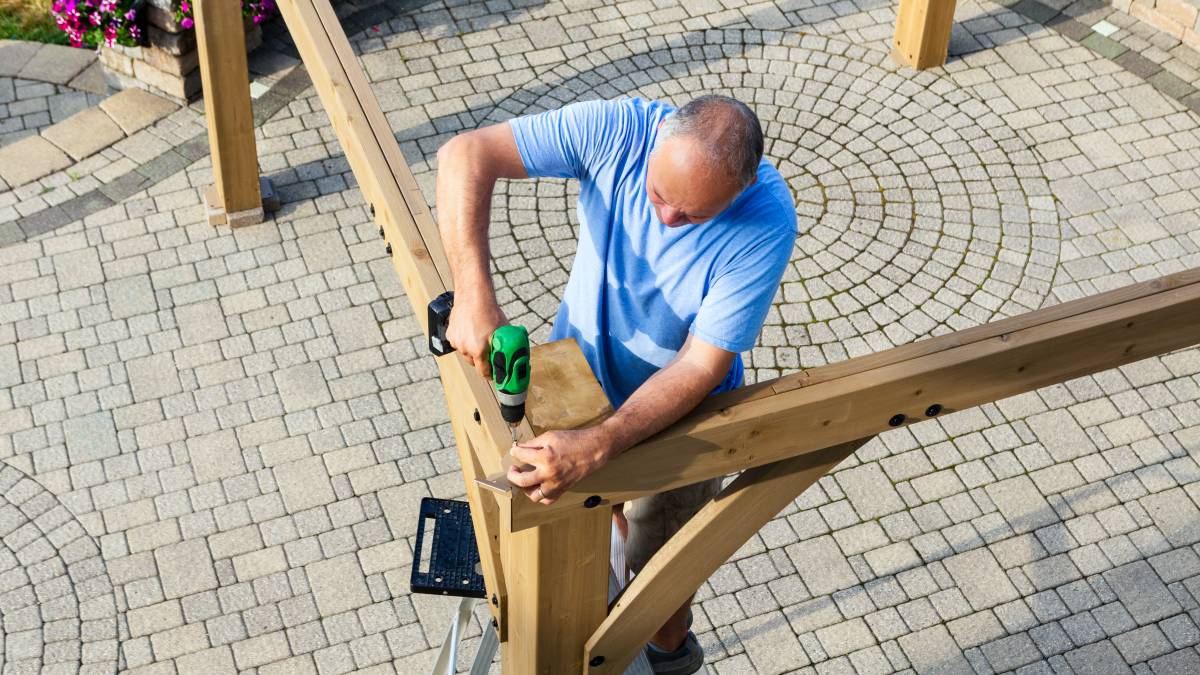
How much does a pergola cost?
Read more
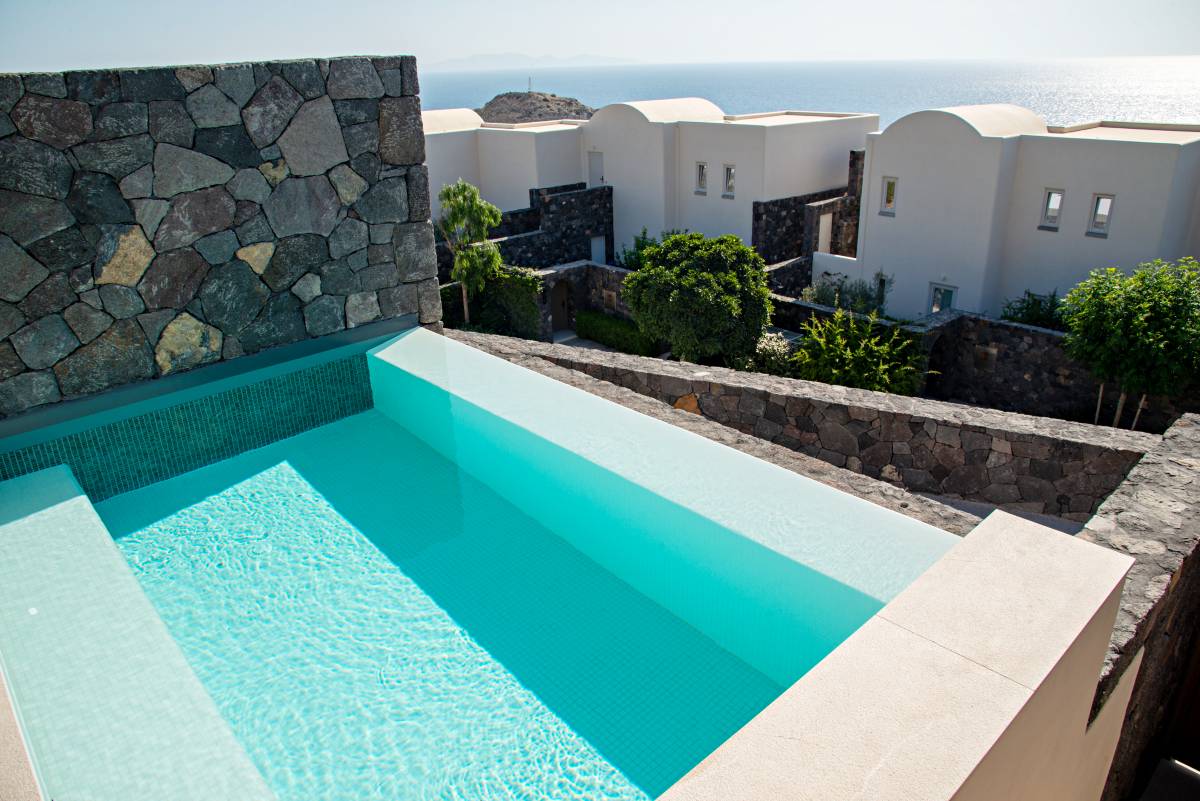
How much does a plunge pool cost?
Read more
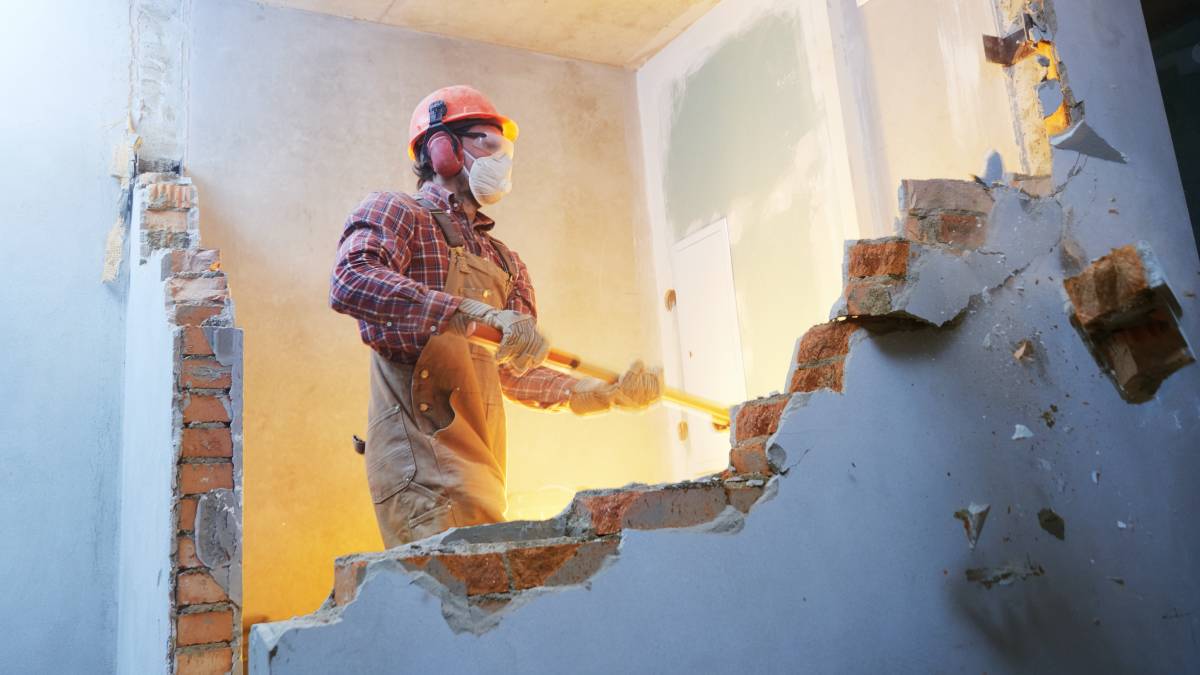
How much does demolition cost?
Read more
